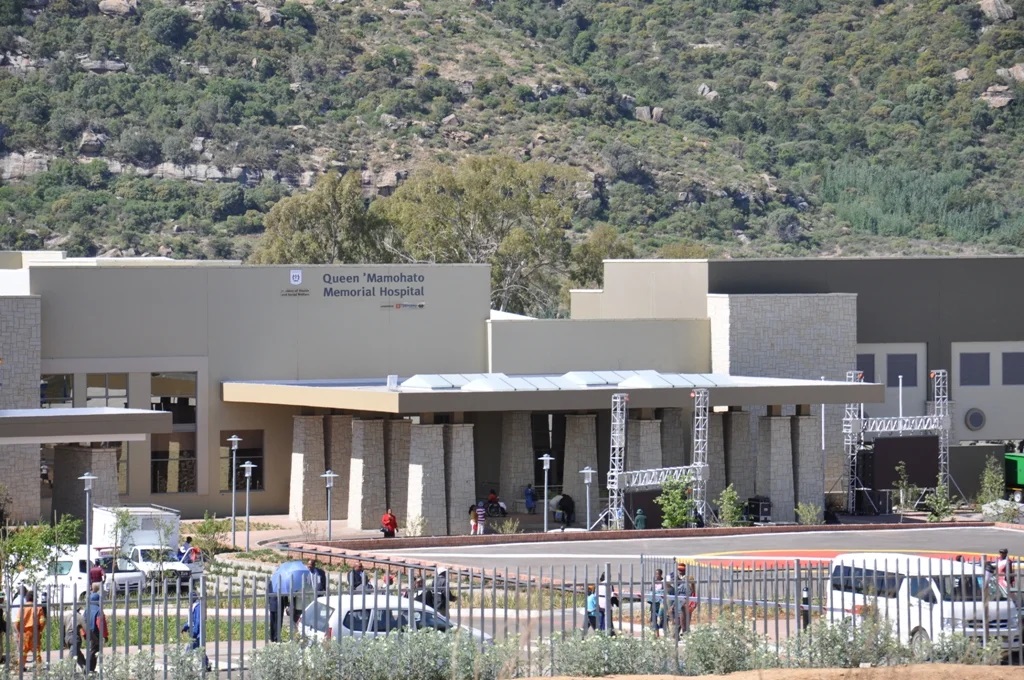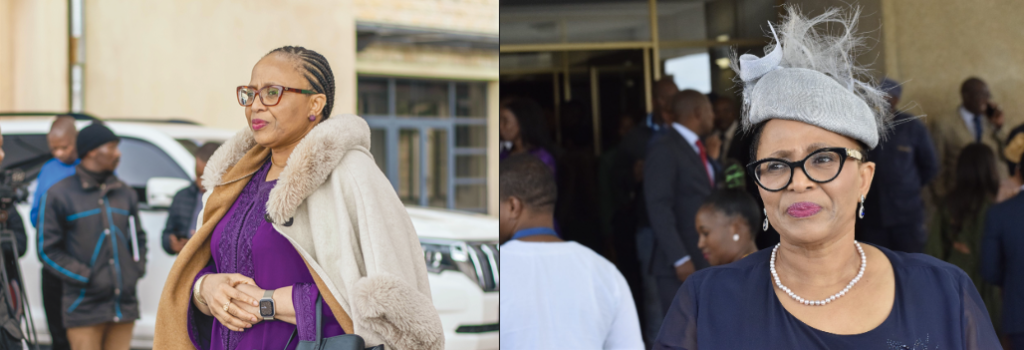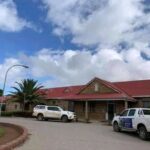- Netcare demands over M1.5 billion in compensation
- High Court gives green light to sue
Staff Reporter
The Commercial Division of the High Court has approved Netcare Hospital Group’s bid to sue the government on behalf of Tšepong Consortium, seeking over M1.6 billion for the alleged unlawful termination of a Public Private Partnership (PPP) agreement in 2021.
Netcare’s move comes after it accused Tšepong of neglecting to seek compensation from the government, raising concerns over the potential prescription of the debt.
To address this, Netcare filed an application in the High Court, seeking permission to bring proceedings on behalf of Tšepong to pursue claims against the government arising from the terminated PPP agreement.
“Tšepong does not intend to bring action against the government of Lesotho,” Netcare asserted in court documents filed last year.
“The founding affidavit tells a story of a dysfunctional Tšepong board which is hamstrung by internal discord and since the cancellation of the PPP agreement, Tšepong has become insolvent and has lost its substratum,” it added.
Netcare further indicated that Tšepong’s failure to institute action against the government was best illustrated by the fact that it (Netcare) had already initiated legal proceedings in two separate instances, claiming over M1.5 billion on behalf of Tšepong from the government for breaching the PPP agreement.
“The two aforesaid actions instituted by Netcare is a clear indication that Tšepong most certainly does not intend to institute any action against the government of Lesotho for recovery of the present claim against the government,” Netcare submitted.
Tšepong’s shareholders comprise Netcare, which holds a 40 percent interest while the remaining 60 percent shareholding is held by Health (Pty) Ltd (Afrinnai) (20 percent – South African based), Excel Health Services (Pty) Ltd (Excel) (20 percent – Lesotho based).
Lesotho based D10 Investments (Pty) Ltd (D10) and Women Investment Company (Pty) Ltd (WIC) each holds 10 percent.
The Tšepong consortium was responsible for designing, building, and operating the 425-bed Queen ‘Mamohato Memorial Hospital (QMMH) and a network of refurbished filter clinics under an 18-year PPP agreement signed in 2008.
However, the government repudiated the agreement in August 2021.
In a notice of termination, then then ministry of health’s Principal Secretary (PS), Khothatso Tšooana, accused Tšepong of breaching its contractual obligations in terms of the PPP agreement.
In the answering affidavit, Professor Lehlohonolo Mosotho, on behalf of Tšepong, stated that the consortium started operating in 2008 and from the time it started operating until it had its contract being terminated on August 30, 2021, it had been paid an estimated amount in excess of M5 billion.
Mosotho informed the court that during this period, Tšepong had never declared dividends.
“I aver that all the money from the consortium was taken by the applicant (Netcare). It is not clear as to what it did with the revenue sounding in billions save in certain circumstances where it flouted the financial procedures,” he said.
“I must inform the court that the applicant refused that Tšepong be forensically audited. It has fought tooth and nail to resist the forensic audit,” he added.
He further alleged that Netcare’s application to sue the government on behalf of Tšepong was aimed at appropriating money that rightfully belonged to the consortium and its other shareholders.
Mosotho claimed that this action was indicative of Netcare’s ongoing appropriation of funds from Tšepong, to the detriment of all shareholders, a practice he asserted had been ongoing since the inception of the consortium until the termination of the contract by the government.
He said: “It is only the applicant that took all the revenue of Tšepong to the prejudice of the rest of the shareholders controlling 60 percent stake in Tšepong.”
“It is against this background that the present application is resisted,” he added.
Mosotho further denied that Tšepong had become dysfunctional. “The company is not moribund. The board is intact and efficient,” he said.
He further indicated that: “The Lesotho government is due to pay Tšepong in a short while. Netcare need not pursue the interests of Tšepong while Tšepong is still pursuing its interests.
“Tšepong shall secure its interests on its own. It does not need the unsolicited assistance of Netcare. Tšepong is in good position to pursue all claims and debts that are due to be paid to it.”
Responding to Mosotho’s allegations, Netcare vehemently denied seeking financial gain, and emphasised its commitment to safeguard Tšepong’s interests.
“Mosotho has not established that Netcare is seeking to appropriate money from Tšepong. Netcare is seeking to ensure that Tšepong recovers money so that it can pay its debts and declare a dividend to shareholders. The money will be paid to Tšepong, not Netcare,” it said.
It added: “Mosotho has not established that Netcare has refused Tšepong to be forensically audited. Tšepong can be forensically audited if it pays for it, but cannot. Indeed, it has not prepared audited financial statements for years.”
The High Court, after deliberation, ruled in Netcare’s favour, allowing it to proceed with derivative action on behalf of Tšepong.
The case was heard in August last year, and the judgment was delivered in November.
Justice Moroke Mokhesi stated in his judgment: “I considered the applicant’s papers, and I am satisfied that the application fulfills the requirement of Section 77. There is a likelihood of the proceedings succeeding as the applicant would be pursuing a claim for damages for breach of contract by the government.”
Justice Mokhesi further added: “The applicant has undertaken to pay the costs of this application and the intended derivative action; there are proceedings which have already been commenced and should be pursued to finality; the intended action involves substantial amounts of money.”
Summary
- In the answering affidavit, Professor Lehlohonolo Mosotho, on behalf of Tšepong, stated that the consortium started operating in 2008 and from the time it started operating until it had its contract being terminated on August 30, 2021, it had been paid an estimated amount in excess of M5 billion.
- Mosotho claimed that this action was indicative of Netcare’s ongoing appropriation of funds from Tšepong, to the detriment of all shareholders, a practice he asserted had been ongoing since the inception of the consortium until the termination of the contract by the government.
- “It is only the applicant that took all the revenue of Tšepong to the prejudice of the rest of the shareholders controlling 60 percent stake in Tšepong.

Your Trusted Source for News and Insights in Lesotho!
At Newsday Media, we are passionate about delivering accurate, timely, and engaging news and multimedia content to our diverse audience. Founded with the vision of revolutionizing the media landscape in Lesotho, we have grown into a leading hybrid media company that blends traditional journalism with innovative digital platforms.










